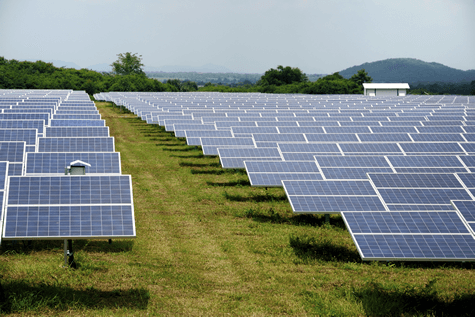Online information is abundant these days and misinformation tends to dominate many or most search parameter queries. This seems normal and the information appears to be free but it really isn’t. Usually it’s either written to attract people to buy a product or to attract people to someone’s misinformation-laden ego. Either way, it is difficult to filter the good information from the bad. The purpose of this blog is to provide some basic sources of reliable information for the new solar contractor.
Below I’ve listed the resources needed and information to be a well-informed, competent solar contractor.
- Training for the solar contractor. Knowing the design and installation trade and standards is most important and it can be achieved through good accredited training providers and certified trainers. If the training provide is not IREC accredited with IREC certified trainers, don’t waste your time with them, https://irecusa.org/. The only exception to this is manufacturers of solar equipment. They will provide good training, but only on their own equipment.
- Suppliers of solar equipment. There are many suppliers of solar products and they all differ in the range of products and depth of support they provide to their customers. Small to medium scale PV contractors will need suppliers who offer a wide selection of products from several manufacturers. Large scale contractors may go straight to the manufacturers. Follow the link provided below and select your country. They list wholesalers and distributors of solar products. https://www.enfsolar.com/directory/seller
- Leading solar equipment. One way to determine which solar equipment to purchase is to look at a leading resource such as EnergySage. They have a solar panel database with consumer ratings, https://www.energysage.com/solar-panels/. They also have an inverter database with consumer ratings, https://www.energysage.com/solar-inverters/ and a database on batteries as well, https://www.energysage.com/solar-batteries/. If you would like a more comprehensive list of solar equipment, go to the California Energy Center’s (CEC) data base, https://www.gosolarcalifornia.org/equipment/index.php. You can also review the products that the leading suppliers carry; this may be best since this will be your primary resource.
- Solar energy resource data. There is only one source for historic solar resource data and that is the National Solar Radiation Database (NSRDB). It has been developed from data collected by NREL, NASA and NOAA over the past 50 years. There is no other resource that can provide this data. The best tool to calculate solar irradiation for a tilt and azimuth of a specific site is PVWatts developed by NREL https://pvwatts.nrel.gov/. Several companies and organizations use this data in their shading analysis tools. If you use one of these tools, check to verify that their irradiation data is from the National Solar Radiation Database.
- Financing for the customer. The list of lenders can be long since the solar industry is growing at a rapid pace and has been providing owners a good return on investment. A good place to start is with the list on the EnergySage website, https://www.energysage.com/solar/financing/loan-providers/.
- Certification and licensing. These terms should not be confused. Certification is an industry merit that is earned by very competent solar workers; the organization that tests individuals and issues certifications is the North American Board of Certified Energy Practitioners, https://www.nabcep.org/. The certification adds value and credential to the individual and solar contractor. Certification is often required by solar PV system owners and/or utilities who are offering a financial incentive to their customers. Licensing is a requirement by the state and is a separate issue. The purpose of licensing is to make sure contractors have met the state requirement for competence in their field of construction. A licensed electrical contractor is responsible for all the electrical work performed on the solar installation. The license holder must be a permanent part of the solar company such as an employee or partner.
Kelly Provence
Solairgen School of Solar Technology

